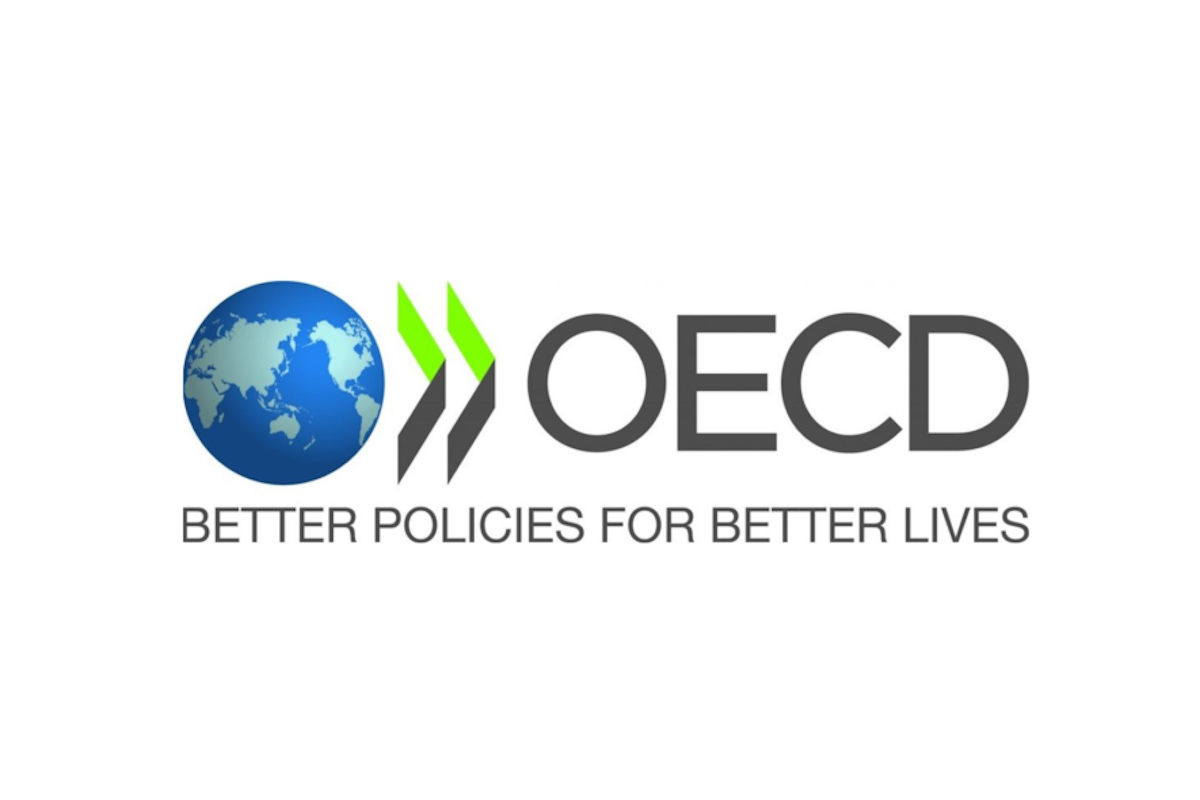OECD Released the Transfer Pricing Documentation Guidelines for Businesses Affected by COVID-19
Zulhanief Matsani,
Monday, 21 December 2020

The Organization for Economic Co-operation and Development (OECD) publishes new guidelines on related-party transaction pricing (transfer pricing) documentation for companies affected by Covid-19. In an issue entitled Guidance on the Transfer Pricing Implications of the COVID-19 Pandemic, OECD highlights the importance of analyzing the impact of the Covid-19 pandemic on corporate related-party transactions.
The OECD notes that there are several points to be considered and explained by companies in preparing transfer pricing documentation for the fiscal year 2020.
Comparability Analysis
The following are the important points that must be reviewed by companies in the transfer pricing documentation related to the comparability analysis:
- What type of contemporaneous information may be used to support the analysis of company performance in 2020?
- Can the budget financial report be used to support the determination of the arm's length principle?
- Contemporaneous information provided by independent parties as the most reliable information. In the guidelines, the OECD introduces the concept of “contemporaneous uncontrolled transactions” as a more appropriate comparable to apply.
- What is the practical approach that may be available in dealing with this condition?
- Can the data from the previous year's crisis, for example the 2008-2009 crisis, be used as comparables?
- What is the appropriate period of data to use?
- What kind of price adjustments that can be made?
- How is the process of evaluating the candidates of comparable data?
- Can comparable data of loss be used?
Losses and Allocation of Covid-19 Specific Costs
For this point, the OECD outlines a number of questions that should be answered by business actors.
- Can entities operating under limited risk arrangements report losses?
- How is the renegotiation of the agreements related to Covid-19?
- How should operational or exceptional costs arising from Covid-19 be allocated between related parties and taken into account in a comparability analysis?
The OECD's latest report also guides transfer pricing related to government assistance in times of crisis and the Advance Pricing Arrangement (APA) during the COVID-19 pandemic.
The OECD Guidelines also focus on a number of specific points, especially three aspects related to the analysis of the impact of Covid-19, the important role of the budget, and comparable data, as follows:
1.Covid-19 Impact Analysis
The impact of COVID-19 can be analyzed by companies from macroeconomic and microeconomic perspectives. Macroeconomic information, including Gross Domestic Product (GDP) data of certain countries or industry indicators from central banks, government authorities, or industry associations, can be useful in understanding trends in the countries and industries where the companies operate.
Furthermore, on a micro-level, an analysis can also be carried out using the following approaches:
- An analysis of changes in the capacity utilization;
- Statistical methods, such as regression analysis or other analyses;
- An analysis of changes in the sales volume;
- Government regulations affecting companies, including incentives or concessions during a pandemic; and
- An analysis of profitability in the previous recession period.
2.Budget Role
The OECD states that the comparison between the budget and the actual financial statements of companies affected by Covid-19 can provide useful information, especially when assessing the financial impacts of Covid-19 (e.g., a reduction in sales volume or an increase in operating costs). Besides, this analysis is useful in redefining the analysis of the contractual terms and the functional analysis of a company.
The following are the approaches that can be carried out regarding the comparison of the budget and the actual financial statements:
- Compilation of a detailed profit-loss analysis related to changes in revenues and expenses with an explanation for variants affected by COVID-19;
- Details of the initial budget that would have occurred if the impact of Covid-19 did not occur by considering all factors and evidence;
- Factors and evidence for an increase in costs or a decline in sales following a declining profit margin by considering a functional analysis (function, asset, and risk profile); and
- Regulatory impacts, including relaxation or aid provided by the government affecting related-party transactions.
3.Comparable Data
The OECD also provides guidance on options for using comparable data. The OECD gives alternative comparable data by mentioning contemporaneous data from independent transactions or “contemporaneous uncontrolled transactions”, data from crisis-affected years such as 2008-2009, and data from companies that suffered losses, although further analysis is needed.
Guidance on the Transfer Pricing Implications of the COVID-19 Pandemic


